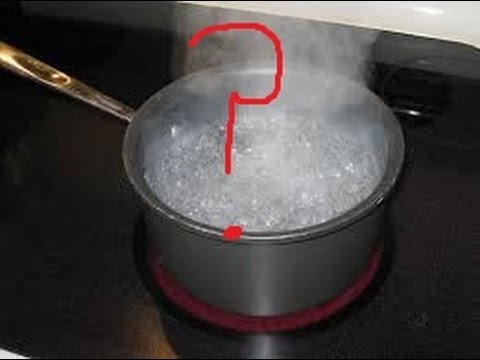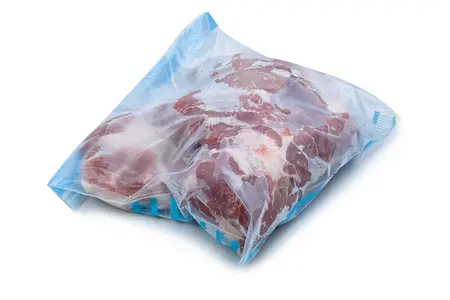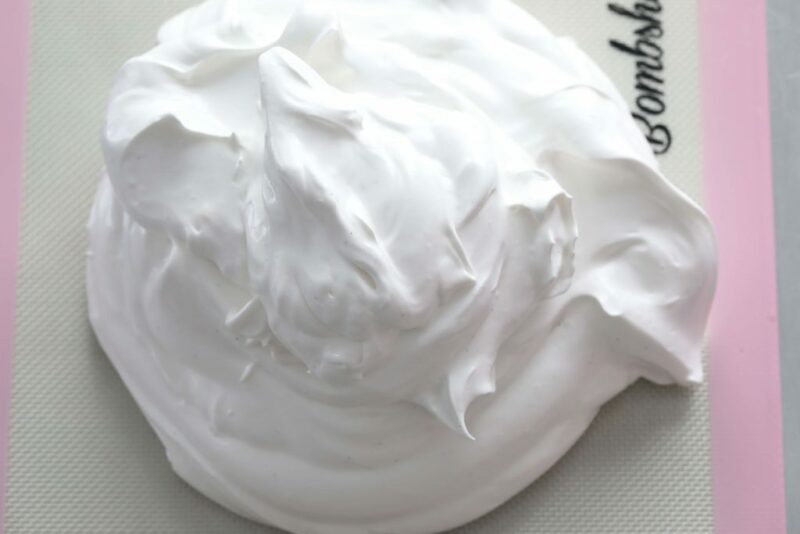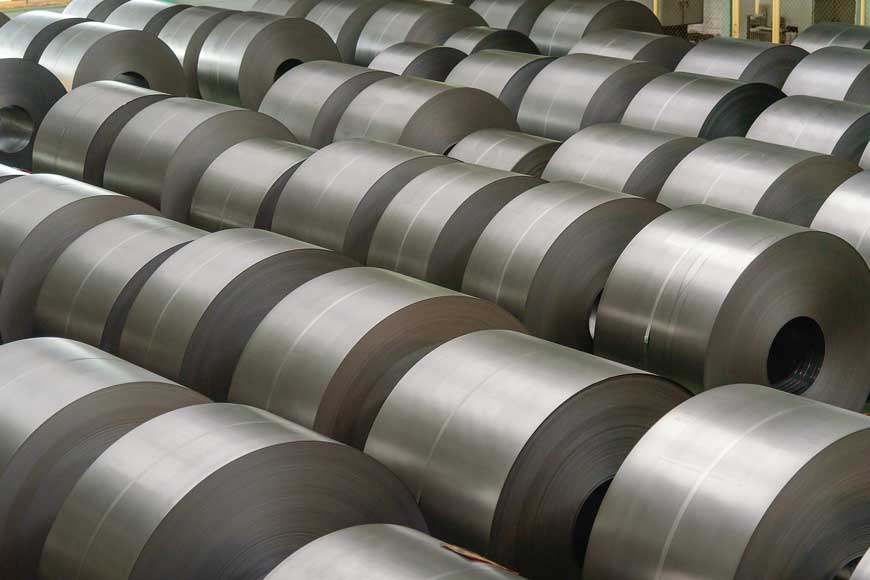Introduction
Dishwashing liquid is a household essential that is commonly used to clean dishes, cutlery and other kitchen utensils. It is also used to clean different surfaces around the home. While dishwashing liquid is effective for removing grease and grime, there are instances where some people may feel the need to boil it. This article aims to answer the question “can you boil dishwashing liquid?” It will explore the composition of dishwashing liquid, explain how boiling affects it, suggest when boiling may be necessary or beneficial, and provide a step-by-step guide on how to boil it safely.
The Composition of Dishwashing Liquid
Dishwashing liquid contains a range of ingredients that work together to remove dirt, grease and food remnants from dishes. Some common ingredients include surfactants, enzymes, solvents, fragrances and preservatives. Surfactants are the primary active ingredients in dishwashing liquid, and they are responsible for breaking up oils and food particles. Enzymes help to break down protein or starch stains on dishes while solvents increase the cleaning power of the detergent by dissolving substances like oil that are not soluble in water.
The effectiveness of dishwashing liquid depends largely on the presence of these active ingredients; however, they can be negatively affected by boiling. For instance, surfactants may become less effective when heated as they tend to lose their ability to lower surface tension when exposed to heat.
The Impact of Boiling Dishwashing Liquid
While boiling can disinfect or sterilize liquids and surfaces, it may have varying impacts on dishwashing liquid depending on its composition. If heated excessively or for an extended period, certain substances in dish soap may decompose or breakdown resulting in changes in color or texture. The impact of boiling on dishwashing liquid can be influenced by several factors such as the strength of the heat source used, duration of heating and composition of the detergent.
Boiling may cause some of the active ingredients in dishwashing liquid to become less effective, thus limiting its cleaning power. This is because heat can denature enzymes and solvents that are essential to the detergent’s function.
When to Boil Dishwashing Liquid
Boiling dishwashing liquid may be necessary or beneficial when dealing with dishes or utensils that require extra sterilization. For instance, if someone in your household is sick, it’s important to disinfect their utensils, cups and dishes to minimize the risk of spreading germs. Boiling dishwashing liquid can also help if you are washing dishes using cold water since it can dissolve more efficiently by heating it.
Another reason why one may want to use boiled dishwashing liquid is when dealing with tough stains or grease. In this case, boiling the detergent may break down the grease and make it easier to remove.
How to Boil Dishwashing Liquid
Before boiling dishwashing liquid, ensure that you have all the necessary equipment needed such as a pot, thermometer and a timer. Here are some simple steps to follow:
– Fill a pot with water
– Add some dish soap evenly (a ratio of 1:3 with water) and stir gently
– Heat the mixture on medium-high heat until the temperature reaches 120 degrees Celsius.
– Let it boil for about five minutes while stirring slowly.
– Turn off the heat once done
– Allow the mixture to cool before decanting it into an airtight container
It’s important to note that boiling dish detergent for too long or at a high temperature may affect its effectiveness negatively.
Alternatives to Boiling Dishwashing Liquid
Apart from boiling, there are other methods of purifying dishwashing liquids. One such approach is using UV light technology or Antibacterial soaps. UV light destroys bacteria by breaking down their DNA structure; hence it is a feasible option when trying to disinfect surfaces.
Another alternative is investing in natural dishwashing products. Some brands use natural ingredients like essential oils, vinegar and baking soda as opposed to harsh chemicals or components that may break down when boiled.
Safety Precautions When Boiling Dishwashing Liquid
Boiling dishwashing liquid can pose several safety hazards, such as the risk of scalding or splashing. Therefore, it’s essential to take appropriate precautions when boiling it.
Use a pot with a lid to avoid spills and splashes; ensure that you have proper ventilation during the process to prevent inhaling steam or vapor. While handling boiled dish detergent, use protective gloves and let it cool for several minutes before pouring.
Frequently Asked Questions (FAQs)
1. Is it safe to boil dish soap?
Yes, you can boil dish soap; however, this may affect its effectiveness negatively. It’s essential to adhere to the correct temperature level and time.
2. Can I use boiled dish soap on dishes, clothes or floors?
Yes, you can use boiled dish soap on various surfaces like dishes, clothes or floors.
3. Does boiling affect the effectiveness of a detergent?
Yes, boiling can indeed affect the effectiveness of a detergent by breaking down some of its active ingredients.
Conclusion
In conclusion, boiling dishwashing liquid is possible but needs specific guidelines to follow if looking for an effective way to sterilize surfaces, dishes or utensils. However, there are other viable options like using UV light technology or investing in natural dishwashing detergent that have fewer negative impacts than boiling. Follow appropriate safety precautions when boiling; in addition, ensure you follow all guidelines provided when trying alternative purifying methods mentioned above to attain the perfect cleaning experience without compromising on your health and safety concerns.
Frequently Asked Questions
Can dishwashing liquid be boiled?
Absolutely! Dishwashing liquid can be boiled just like any other liquid. However, it is important to remember that boiling dish soap may cause it to lose effectiveness and even create more suds than what is needed.
What happens when you boil dishwashing liquid?
When dishwashing liquid is boiled, the water in the mixture evaporates and leaves behind a higher concentration of soap. This can result in more suds than normal, which may cause issues with your dishwasher or sink drainage system.
Can you use boiled dishwashing liquid to clean dishes?
It is not recommended to use boiled dish soap to clean your dishes. Boiling the soap may change its chemical composition and reduce its effectiveness in removing dirt, grease, and food particles from dishes. Stick to using dishwashing liquid at room temperature for best results.
Is boiling dish soap dangerous?
Boiling dishwashing liquid is not necessarily dangerous, but it can be a fire hazard if left unattended or heated for too long. Always supervise the boiling process and do not heat the soap on too high of heat. It’s also important to note that inhaling the fumes from boiling soap can cause irritation to your eyes, nose, throat and lungs. Always practice caution when boiling any liquids.






